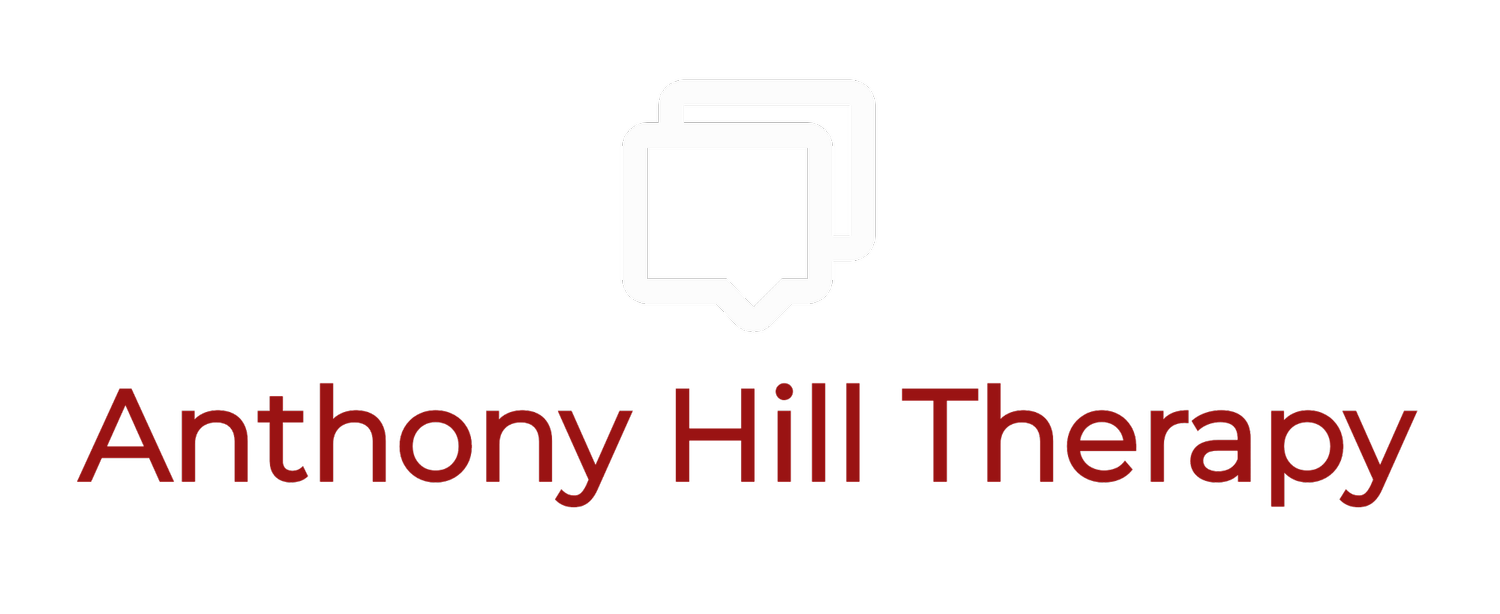
Intensive Short-Term
Dynamic Psychotherapy (ISTDP)
What is ISTDP?
Intensive Short-Term Dynamic Psychotherapy (ISTDP) is an evidence-based approach to counselling and psychotherapy that has been proven effective for many psychological issues. It is intensive because it aims to support you to experience your emotions as profoundly and as fully as possible; it is short-term because it helps facilitate the processing of emotions as quickly as possible; and it is dynamic because it helps to identify and resolve internal emotional conflicts, so they that no longer cause distress.
Research has shown that these results are long-lasting. Intensive Short-Term Dynamic Psychotherapy, or ISTDP, is designed to achieve positive therapeutic outcomes quickly.
What is an ISTDP session like?
During a typical intensive short-term dynamic psychotherapy session, the therapist will usually take an active stance towards the direction of the session, guiding at times but also encouraging you to be active. You can expect the ISTDP therapist to:
Enquire - about the specific nature of the problem that you would like to address,
Observe - and help you to observe how anxious you feel during the session,
Attend to - and allow you to attend to, your anxiety and keep it within tolerable levels,
Clarify - the ways that you may have of keeping complicated feelings out of your awareness (we call these defences),
Encourage - you to allow the emergence of deeper feelings and emotions during the session,
Understand - and help you to understand what happened during the session.
In ISTDP, successful outcomes are always believed to result from an effective collaborative effort between the therapist and the patient. Intensive short-term dynamic therapists seek ways to strengthen the therapeutic alliance between you and work with you towards your specific goals for the therapy. In this way, the therapist will aim throughout the treatment to develop a supportive, open therapeutic relationship with you and help you see the process as a team effort.
Identifying and reducing the unhealthy ways you think about, or act towards yourself or others, is a critical component of ISTDP; this can be one of the more challenging aspects of the work, but it can also be one of the most rewarding. Discovering and resolving how you sabotage your efforts to be happy and successful can bring about a profoundly positive shift in your well-being. ISTDP therapists work hard to help you to resolve these internal conflicts quickly and finally.
How does ISTDP work?
Having a focus for the session helps to accelerate therapeutic progress. At the start of each session, the ISTDP therapist will ask you which aspect of the problem you would like to focus on today. However, this is not always an easy question, and often patients find themselves unwittingly avoiding answering it. This is not deliberate, of course. The therapist will try to find a way to respectfully challenge you on this so that you can understand how you have developed to avoid the difficult or painful emotional areas of your life and history. ISTDP works by enquiring into the nature of the problem and drawing attention to and clarifying the unique ways you avoid addressing the issue directly (your defences). It is essential in ISTDP that you are helped to get clear about your defences so that you can use them less often. This, in turn, will help you to access your deeper emotions and to resolve them. The idea here is that this will then reduce unhealthy repeated patterns of behaviour in your life.
Is ISTDP a suitable treatment for me?
Suppose you are looking for a therapy that will be challenging but rewarding, difficult but fruitful, and would like to finally resolve some deeply ingrained repetitive behaviours and emotional reactions to certain situations. In that case, ISTDP could work very well for you. The initial sessions of ISTDP are designed to allow the therapist and you to explore whether the ISTDP approach works for you. This is referred to as trial therapy, and you can decide if the approach seems right for you during this trial. As an integrative therapist, ISTDP is not the only approach I use, and we can discuss other ways of working should ISTDP not seem right for you.
Book a Free Consultation
The next step would be to book a free 30-minute consultation. We can discuss what you seek from therapy and which issues you want to address. It will also be an opportunity to discuss the ISTDP approach and ask questions. There is no obligation to continue after the initial consultation, but, if you go ahead, booking an assessment would be next.
I look forward to hearing from you.
